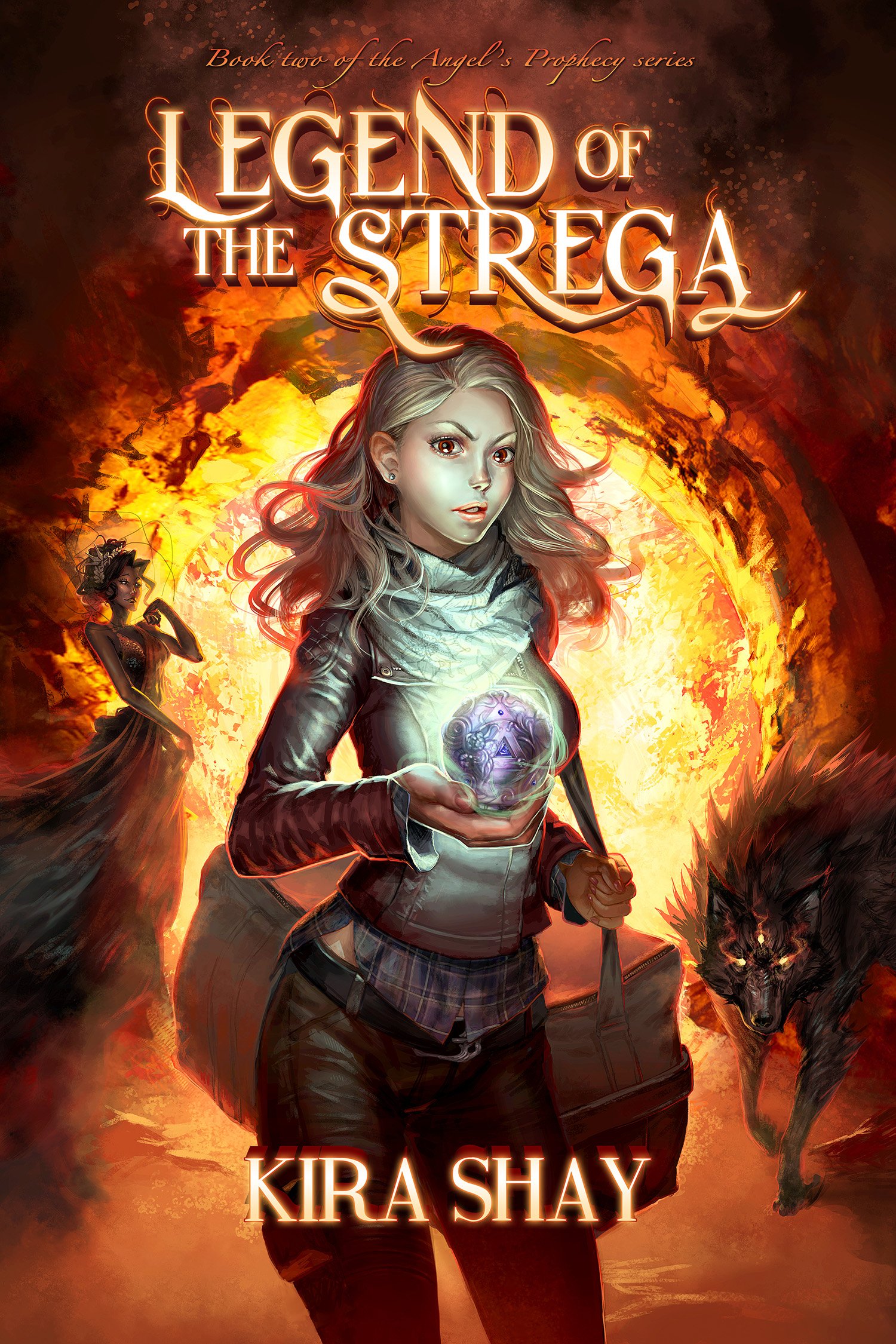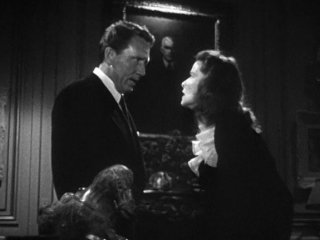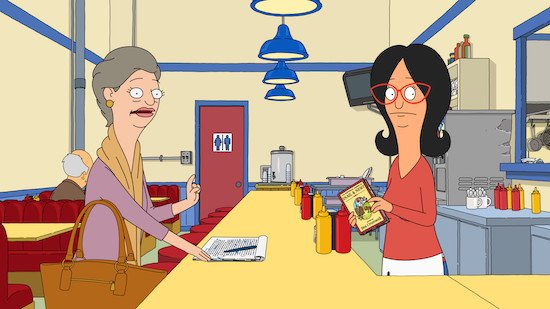Oh PBS, you know how to draw me in. Liberty’s Kids was a television series explaining key events of the American Revolution from the point-of-view of three child reporters for Ben Franklin (Walter Cronkite not long before his passing). I should hang my head in shame that I was watching this as a Freshman in college, but meh. I have no shame. Okay, I am a little ashamed that I know the words to the theme song - even the rap part.
The main characters James (a patriot), Sarah (a British loyalist), and Henri (a French orphan) all meet in this episode in the midst of tension in the colonies. Watching this with more knowledge of the Founding Fathers had me a tad edgier than I thought. For example, there is a part with Sarah’s mother riding alone in a carriage with Benjamin Franklin. Get out of there, lady! Don’t you know he has a thing for married women! Don’t let the Cronkite voice fool you! I mean, kids’ show. No inappropriate behavior exists in this version of Franklin. All is clean. All is fine. Twitch.
That’s all well and good, however what I want to talk about is the presence of Phillis Wheatley as a character. The episode is about the Sons of Liberty protesting the Tea Act in the manner we have all learned about in school. In the midst of the chaos, Sarah, Henri, and James all meet as Sarah was on board and Moses (Franklin’s printing assistant and reporter) was sent to find her. Moses takes the three children to Phillis Wheatley’s house to hide while soldiers search for the rebels. I appreciate that the cartoon states how Moses does not know Wheatley personally, only by reputation as a poet (PBS wanted to show that they were aware that not “all Black people know each other”).
Phillis tells the children her story of being a slave kidnapped from [unnamed specific place] Africa and sold to a family which ended up teaching her read and write. It doesn’t mention that she learned English in just two years (this woman was extraordinarily intelligent and most Americans don’t know her name!). Wheatley explains how the family who owns her has not set her free, yet are using her as an example of why African Americans should be free. Huh? I - I - What now? Sarah seems to catch the contradiction and demands to know why slavery is thriving in the colonies. She isn’t surprised to find out that Wheatley’s work sells better in England than in Boston or New York. Also, I’m fairly certain the Wheatleys had legally freed Phillis by 1773.
Anyway, only one measly piece of Phillis Wheatley poetry is quoted. “Muse! where shall I begin the spacious feild. To tell what curses unbeleif doth yeild?”. That’s it! And they don’t even give the context of the line. It’s the opening of An Address to the Atheist, a poem using imagery from Roman and Greek mythology to convince people to sill have faith in God. Oh and she wrote it when she was 14! At 14 I was still writing poetry about my dog! Don’t get me wrong. I really loved that dog.
Later in her life, Wheatley will become famous in the colonies for writing His Excellency General Washington, a poem about how this leader would keep us safe as a new country and was guided by Columbia, the spirit of America. George Washington loved the poem so much, he bought copies for all of his friends. Sadly, this amazing woman’s life was sad. She married a man who ended up in prison for debt, she had to go back to working as a housemaid, they lost many children, and she died at the age of 31.







































